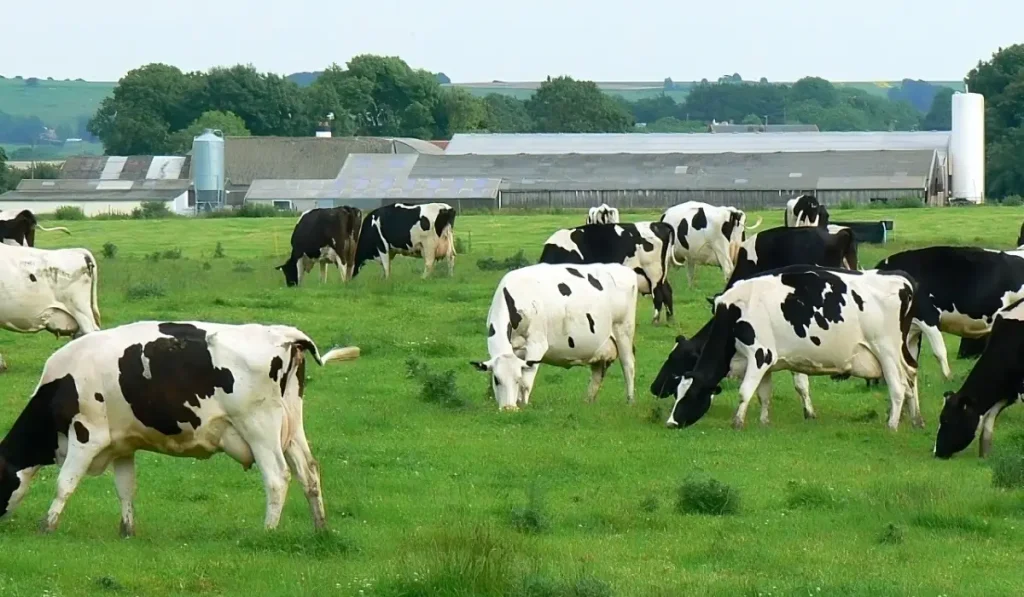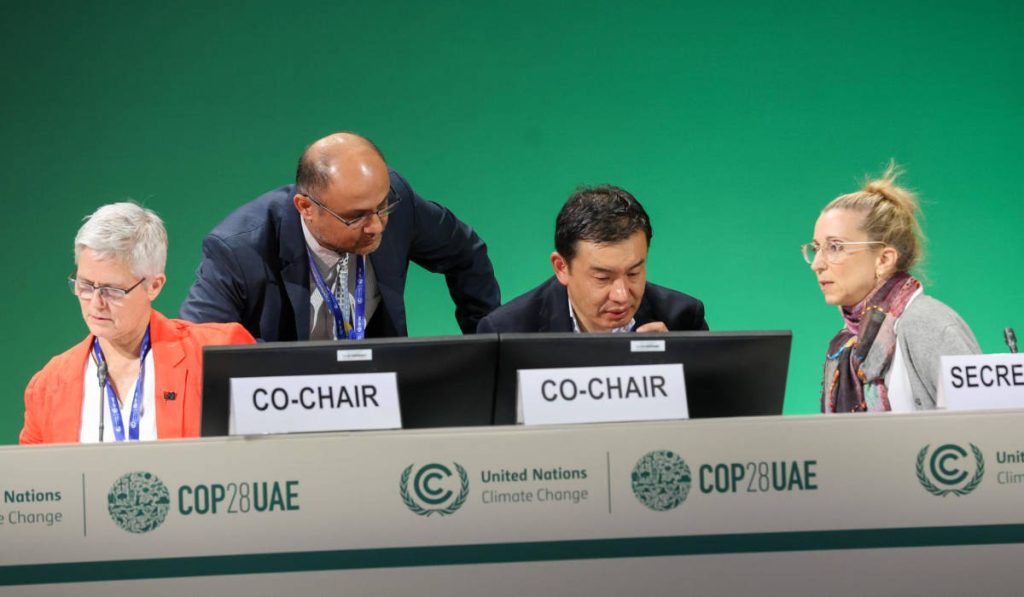The phaseout of fossil fuels has been a contentious issue for almost two years. At COP26 in 2021, countries agreed to a “phasedown” of unabated coal power and a “phaseout” of inefficient fossil fuel subsidies. Since then debate has continued on whether to upgrade the language from phasedown to a full phaseout, and whether to extend it to all fossil fuels and not just coal. One of the sticking points at COP26, came from India, who argued that all fossil fuels must be phased down, and not just coal, in an equitable manner. By focusing only on coal and not oil and gas, the proposal disproportionately affected India and China both of which heavily rely on coal for energy generation. At COP27 last year there was no movement in language, with the decision text only calling on countries to accelerate efforts to phasedown unabated coal power. Many pointed the finger at Russia, Saudi Arabia and Iran for stymieing consensus, with Saudi Arabia taking the position that “the convention needs to address emissions and not the origin of the emissions”. However, given the global energy crisis and concerns that countries were slacking on their commitments and the need to keep “1.5o C alive”, arguably it was a win to see even the existing text reiterated.
This year, the EU is going in strong, setting out its position early on regarding the need for a phaseout of all fossil fuels and related subsidies. On 9 March 2023, the Council of the European Union (representing government Ministers from each EU country) published its conclusions on Climate and Energy Diplomacy. The document supports a “global phase-out of unabated fossil fuels, as defined by the IPCC, and a peak in their consumption already in the near term, while recognising a transitional role for natural gas”. Reference to the IPCC’s definition, means that coal, oil and gas should be included in any phaseout. Whilst encompassing all fossil fuels, that’s a lot of words and conditions for a phase out. It’s also not quite clear how long a transitional period for natural gas the EU envisages, as the document only proposes a phase out “well ahead” of 2050 but makes no commitments on interim timeframes. Reportedly there were disputes about whether to promote nuclear or renewable energy, with the final text unspecific on which type of hydrogen the EU would promote.
Interestingly, the text also supports supplementing gas imports through “methane capture” in other countries through its proposed “You Collect/We Buy” approach. We have previously reported how this approach could be potentially beneficial by capturing methane that would otherwise be flared for ready to export markets in Algeria, Angola, Egypt and Nigeria. It presents a dual win of reducing methane emissions from existing gas wells, and by operating as an interim measure without the risk of long term infrastructural lock-in of a new oil and gas development.
Lastly, it calls on the EU and its Member States to increase funding for adaptation and climate resilience and to “constructively engage in the discussions on new funding arrangements, including a fund” for loss and damage. Both of these are points of concern, as countries last year failed to live up to their pledges to double adaptation finance ($349 million was pledged in 2021, but $236.3 million remains outstanding). Similarly the EU was less than enthusiastic about setting up a dedicated loss and damage fund, although it ultimately did agree to it. Its constructive support, together with other developed countries, for the establishment of the loss and damage fund and its capitalisation, as well as the fulfilment of pledges to the Adaptation Fund will be crucial to gain traction on both of these issues in the lead up to COP28.






